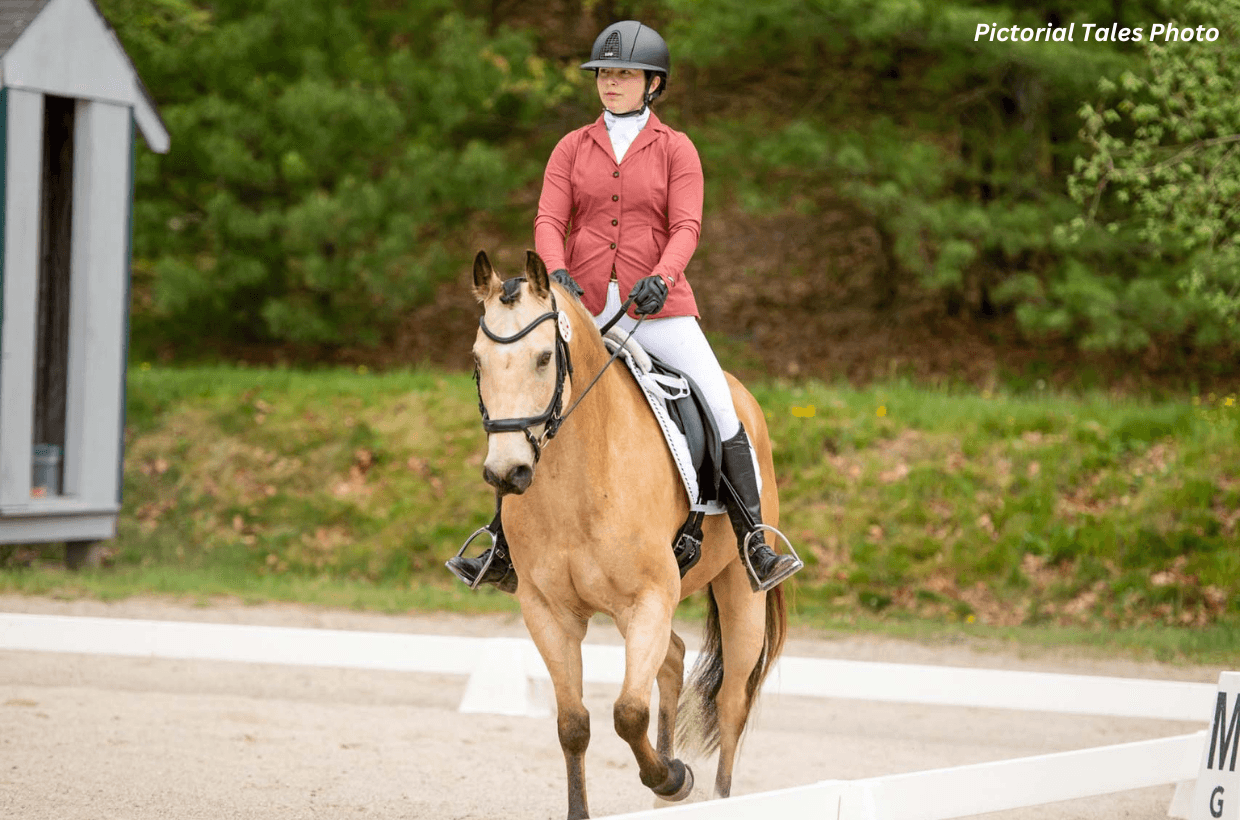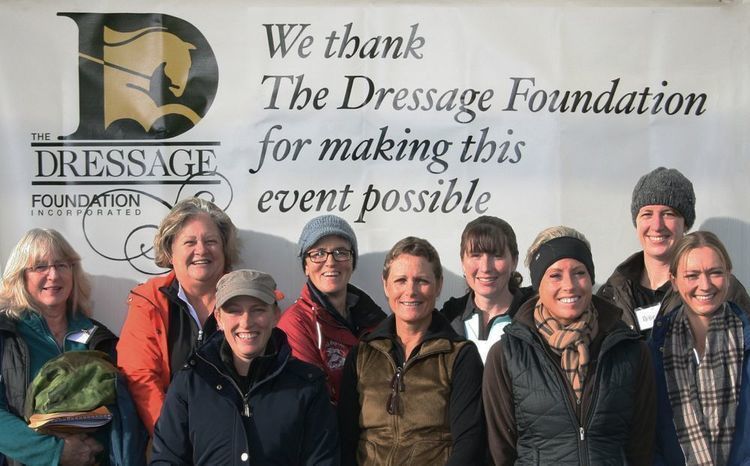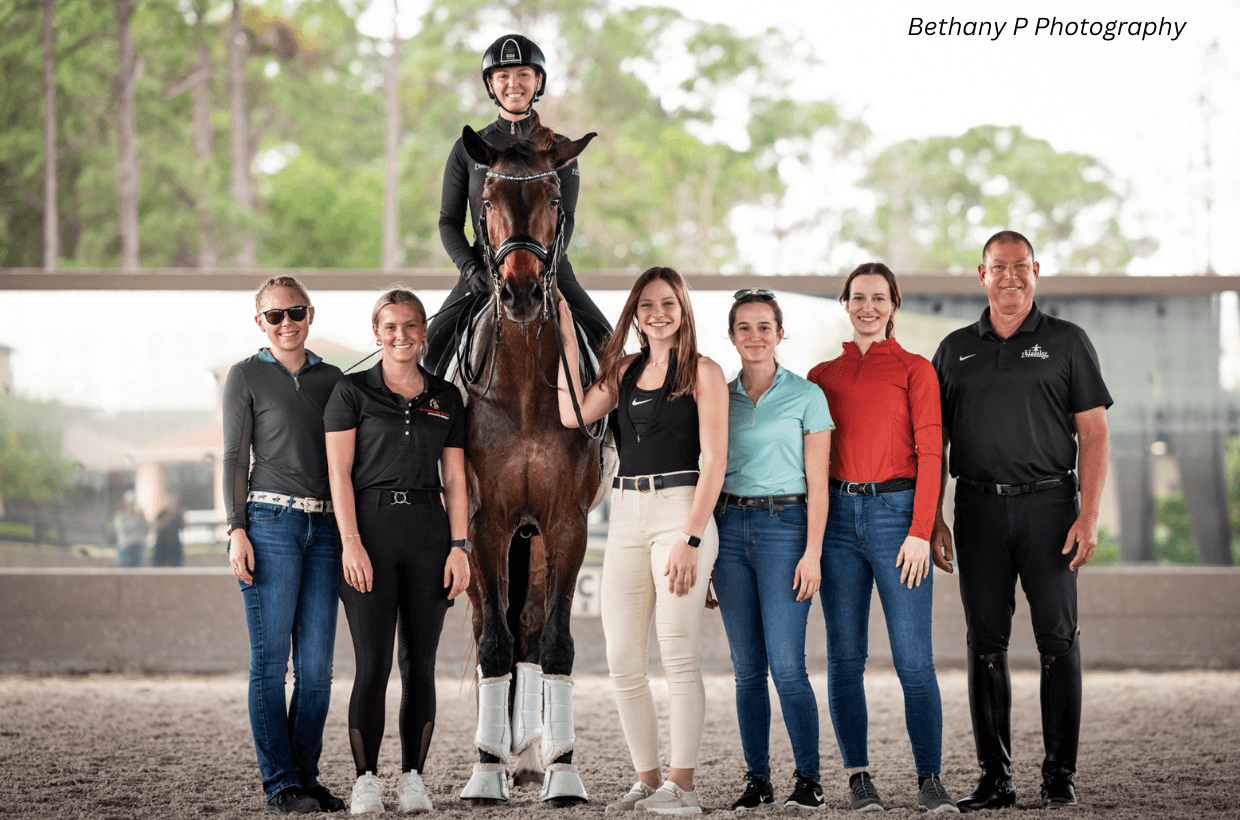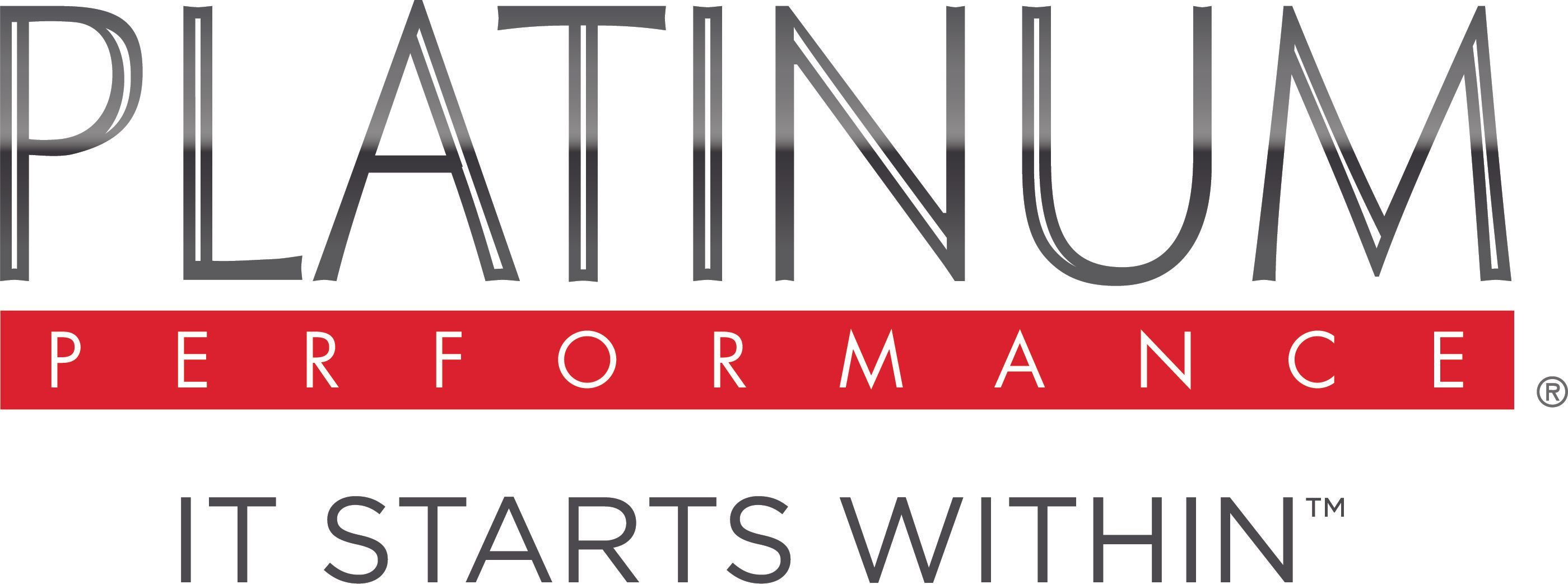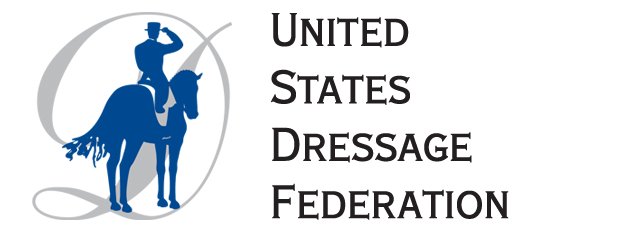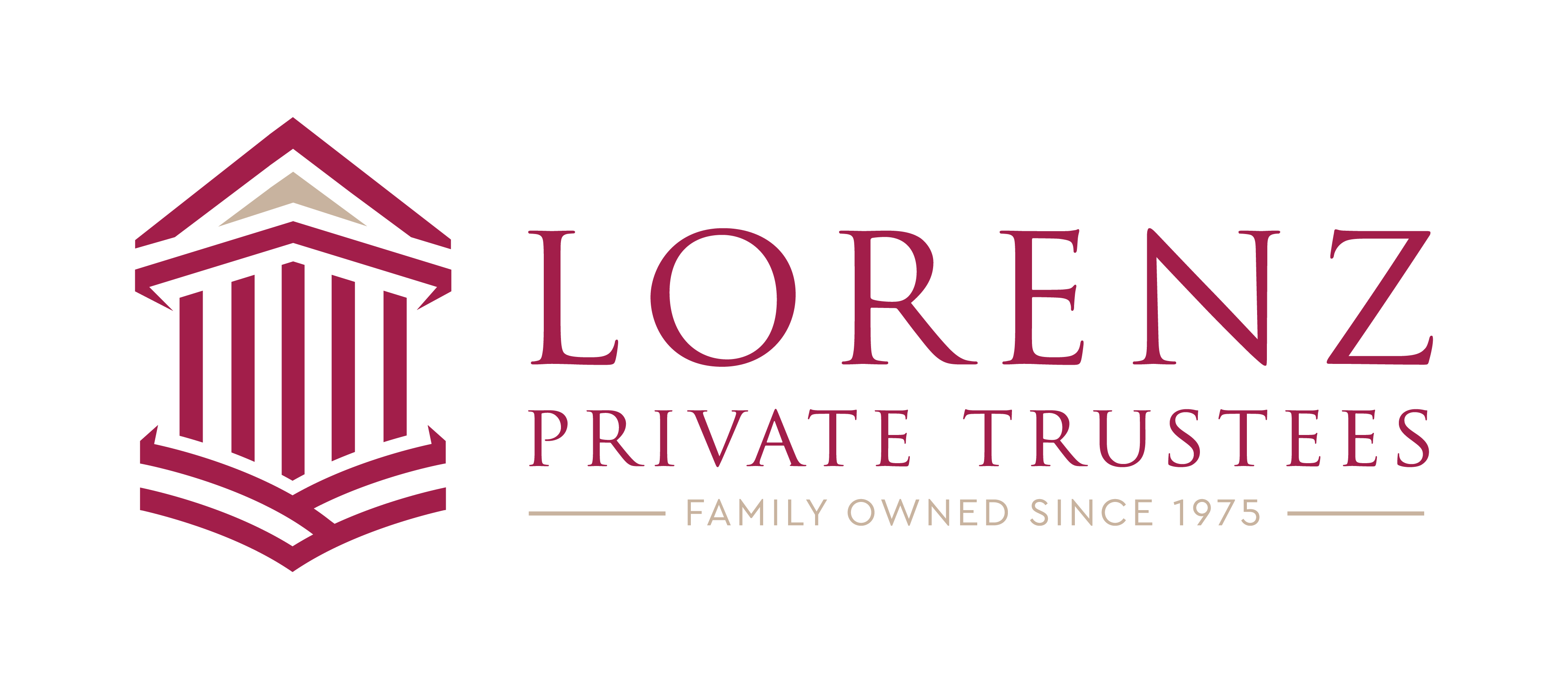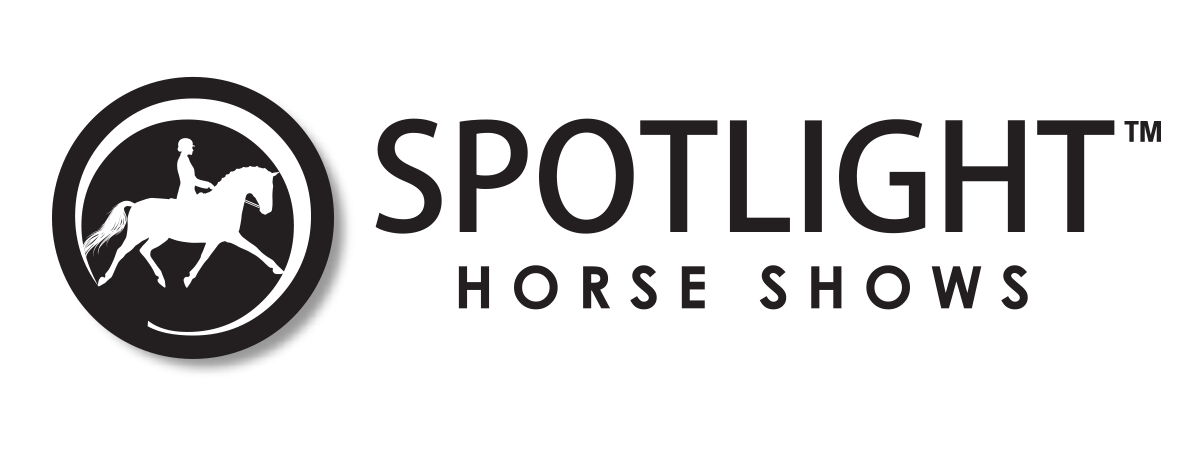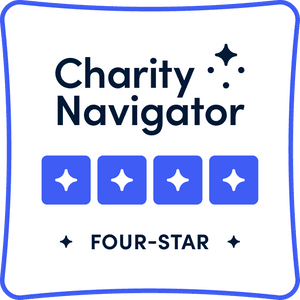Rhiannon Dudley Lucas - 2017 Continuing Education Grant Recipient
Living in a Region that is not necessarily a ‘hot bed’ for Dressage, it is fairly rare for Continuing Education programs to be offered nearby. We often have to travel far and wide for these opportunities. When Anne Sushko became Region 4 director, she offered to organize continuing education programs, including the USDF Trainer Certification program. Word spread quickly, and people said they would not only be interested, but would reserve a spot right then and there – without even knowing dates or the location! It was this drive and dedication of local professionals that quickly filled the 3-phase Trainer Certification program, all held at Bill Coester’s Winds Reach Farm in Solon, IA.
Despite teaching and training being a part-time job for me, my family sacrifices a great deal for me to follow my dressage-related dreams. I knew adding the Trainer Program to my already full schedule (including the ‘L’ Program) would be financially challenging, so my grant application weighed heavily on my mind. I nervously opened the letter from TDF, with my husband and son watching hopefully. When I read that I had been awarded the grant, I was so thrilled!! My family was excited too, as they knew my financial burden had been eased a great deal.
I started the program with back-to-back Riding and Teaching Workshops in April, with Sarah Martin as our faculty member. Sarah set out her expectations for the Riding workshop straight away -- ensuring our own expectations as riders were not only high, but also attainable. First was identifying issues with the horse, clarifying what were ‘symptoms’ vs ‘root’ issues. I felt this was absolutely key, as I’ve caught myself addressing the most obvious symptom; not always the origin of the symptom. Sarah encouraged us to ‘use our toolbox of knowledge’ and find exercises to systematically approach the root. Then was addressing the ‘why’ of the issue(s), and how create a pathway using the Training Scale to improve.
The teaching workshop was also led by Sarah Martin, where she challenged us to quickly assess both horse and rider, use what we learned in the Riding workshop to ensure our exercises matched our goal, and implement our creativity -- all while using organized thoughts and appropriate vocabulary! I have ridden in front of many clinicians, auditors, and various groups… teaching in front of a large group of people was an entirely different kind of pressure! Sarah and the other participants were amazing in this workshop – they supported and encouraged me, even when I lost my words after catching a glance at the 25 sets of eyes watching. The beautiful thing about learning in this kind of environment, is one truly learns how to focus on the task at hand. I felt like teaching the enthusiastic demo riders was priceless, as it taught me to be extremely ‘present’ in my lessons, putting everything we learned throughout the workshops to work in a systematic way.
In August, we met back up for the Lunging Workshop, which was the third and final phase. Sarah Geikie was our faculty member, and she immediately addressed not only the importance of lunging, but also how and why it can improve every horse and rider. My very beginnings in Dressage were spent on a lunge line, and I truly appreciated Sarah’s passion for this lost art. The first day was lunging the horse, while the second day, we added a rider to the equation. We were expected to remember what we had observed and learned about our horse the previous day, and continue to improve on those observations, while we had the addition of a rider. Sarah was supportive and quick with reminders, as things happen swiftly when the horse is 20m away from you. Again, the demonstration riders were fantastic, and many kudos go to them for being brave, eager to learn, and responsive.
I honestly cannot recommend this program enough. Though I have been teaching and training Dressage for many years, I walked away from each phase of this program with more information and clarity than ever before. The very essence of these workshops is to build a solid foundation for the professionals in our sport to create quality training. The demand for correct, systematic, and creative training in dressage is never-ending. No two horses or riders are the same, and this program truly serves as a ‘how-to’ experience to challenge trainers of all backgrounds, ages, and abilities to ensure we remind ourselves and our riders ‘it isn’t when you get there, it is how you get there’ that truly matters.
Many thanks and much appreciation. Sincerely,
Rhiannon Dudley-Lucas


